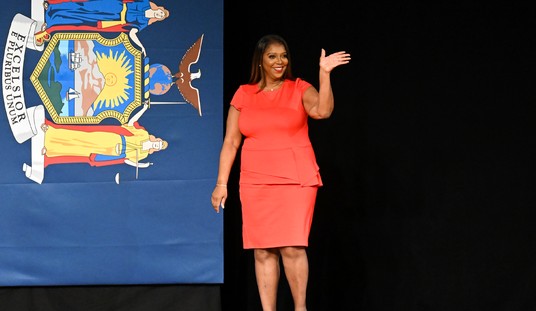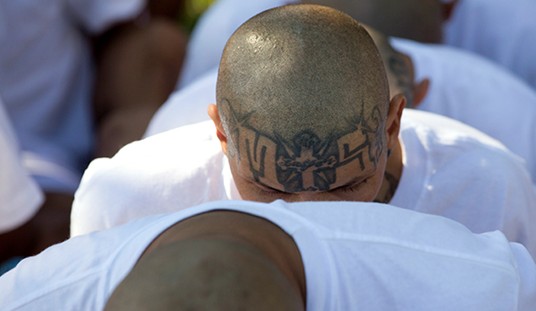A feminist professor at California State University-Fresno recently published an article lamenting that federal programs to promote “responsible fatherhood” among vulnerable men in fact perpetuate “patriarchy,” “gender norms,” and “hegemonic masculinity.”
The article, “‘Manning Up’ to Be a Good Father: Hybrid Fatherhood, Masculinity, and U.S. Responsible Fatherhood Policy,” was published in the new issue of Gender and Society by Jennifer Randles, who teaches sociology classes at the California school.
The goal of Randles’ research was to assess the feminist implications of “responsible fatherhood” programs. Such programs began in the 1970s, first received federal funding in 1996, and are currently overseen by the Department of Health and Human Services.
“Studies have shown that involved fathers provide practical support in raising children,” according to the government website, which explains that “children with involved loving fathers are more likely to do well in school, have healthy self-esteem, and exhibit empathy.”
Currently, the government funds 36 programs to promote healthy fatherhood. These programs vary in scope and mission, but must align with one of three federal goals: promoting healthy marriage, responsible parenting, or economic stability.
But, says Randles: these programs have a dark side.
Despite that they typically provide job training, education, or parenting classes for low-income fathers — resources that impoverished communities typically lack —Randles worries that these programs are actually warping masculinity.
“How can a seemingly progressive revision of fatherhood promoting men’s emotional engagement with children operate as a discursive mechanism for the reproduction of gender, race, and class inequalities?” asks Randles.
She laments: these programs “reinforce patriarchal ideology” by encouraging “hybrid masculinity,” which encourages low-income fathers to be “emotionally engaged,” and perpetuates the myth that mothers “cannot compensate” for the lack of a father.
These programs aim to “reshape men’s gender identities in line with a type of hegemonic masculinity focused on well-paid work and family breadwinning,” she laments, claiming that they “legitimate patriarchal power.”
By teaching men to “man up,” not repress their feelings, and avoid “absentee” fatherhood, these programs promote a “hybridized gender identity” that ultimately does nothing to challenge the patriarchal status quo, Randles writes.
“This strategy reaffirms essentialist ideas that fathers are valuable parents because they are men and legitimates patriarchal ideologies,” she writes, adding that they perpetuate “patriarchy by concealing the power of privileged men and devaluing women.”
While it is unclear what exactly Randles would propose as an alternative for low-income fathers — as she did not respond to a request for comment — she ultimately concludes that these programs are “counterproductive.”
In the future, she suggests that new programs should not focus on fatherhood at all.
“Instead, programs should focus on teaching that children benefit when they have access to multiple caregivers of any gender committed to meeting their emotional, practical, and financial needs.”
Follow the author of this article on Twitter: @Toni_Airaksinen.










Join the conversation as a VIP Member